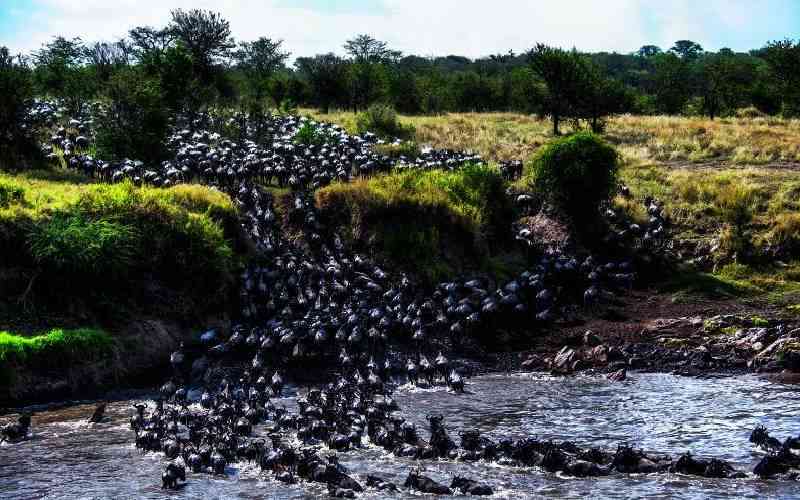×
The Standard e-Paper
Stay Informed, Even Offline

Delegates from the East Africa Community (EAC) have endorsed an ambitious proposal to save the fragile Mara ecosystem which is facing huge threat of environmental degradation.
This is happening as experts from Kenya, Tanzania and Uganda have raised alarm on the endangered ecosystem that is the cornerstone of life the Maasai Mara and The Serengeti game reserves.